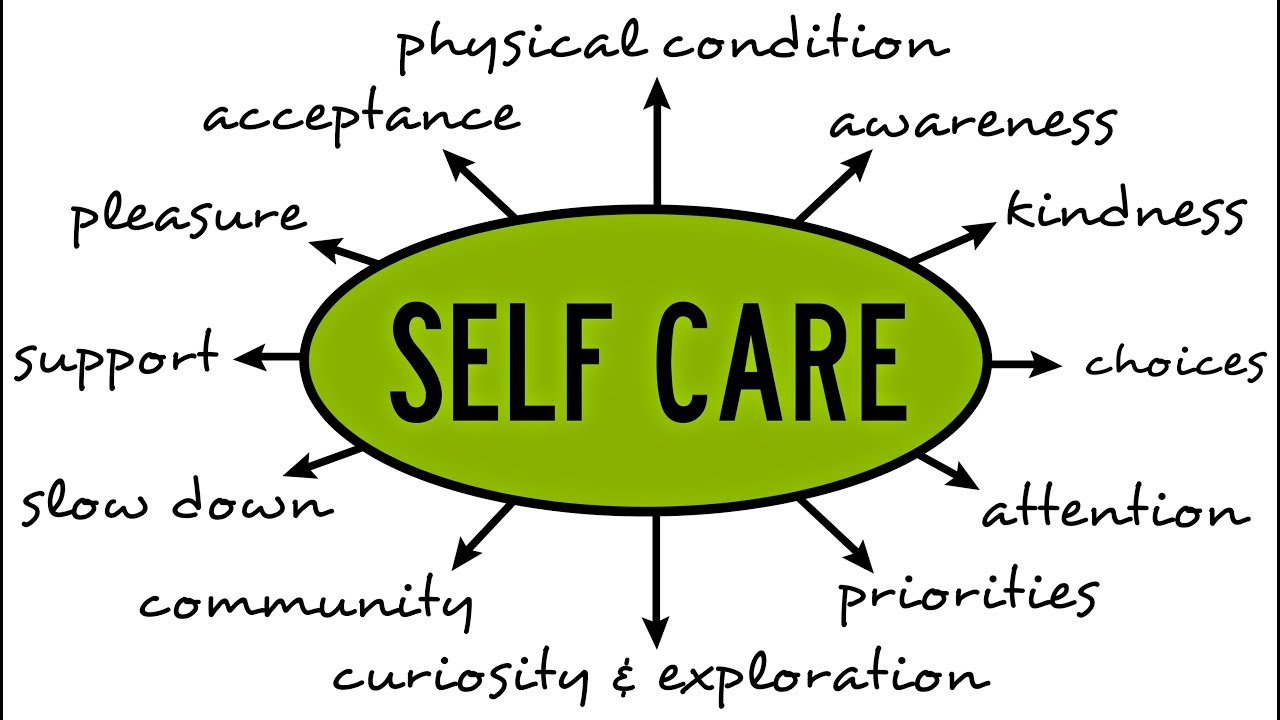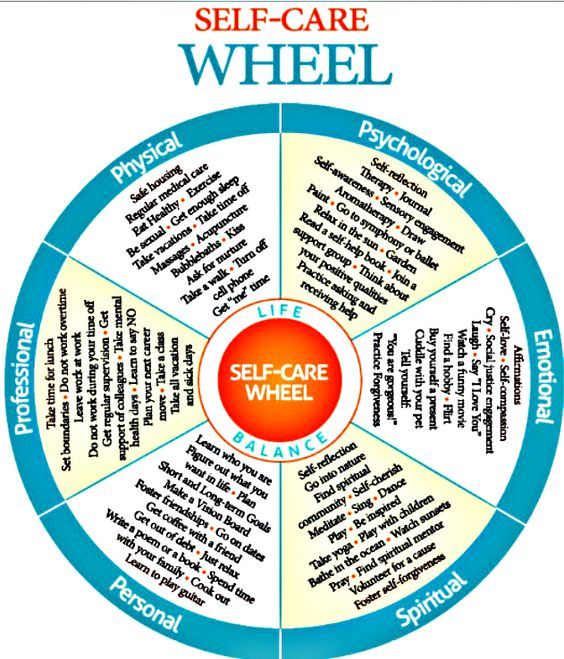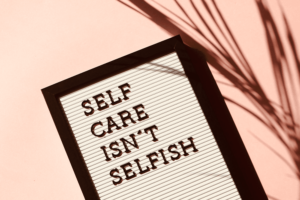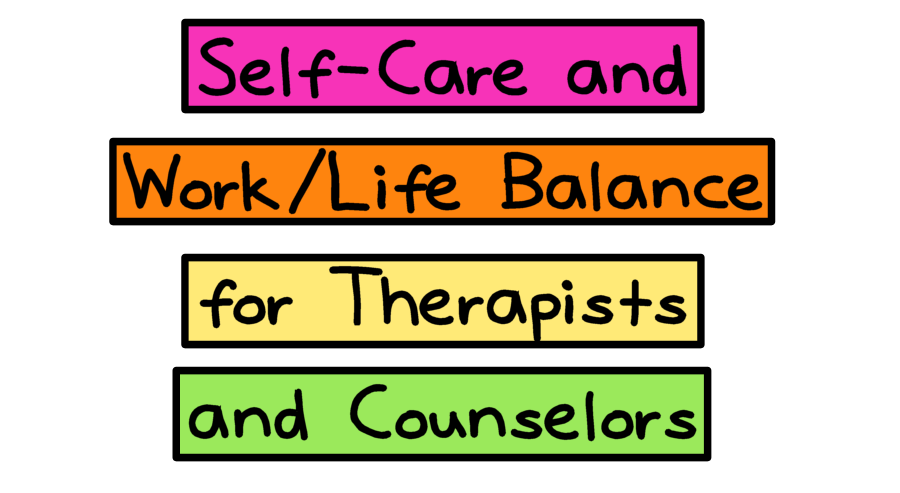Self-care is important for everyone, but it is especially important for therapists. In this article, we will explore the definition of self-care, why it is important for therapists, and how to evaluate and practice self-care. We will also hear from experts in the field and learn about a case study on self-care. Finally, we will conclude with a list of recommended self-care books for therapists.
Contents
Understanding Self-care For Therapists

Self-care is the practice of taking care of oneself emotionally, mentally, and physically. It involves activities that promote relaxation, healing, and growth. Self-care can be something as simple as taking a relaxing bath or going for a walk in nature. It can also involve more involved therapies like acupuncture or massage.
Selfcare For Therapists
Self-care is especially important for therapists because of the nature of our work. We often spend our days caring for others, and we must take time to care for ourselves as well. Self-care allows us to replenish our energy, restore our focus, and connect with our own needs.
Importance of Self-care For Therapists

There are many reasons why self-care is important for therapists. Here are just a few:
Allows us to better care for our clients: When we are feeling depleted or overwhelmed, it is difficult to be present with our clients and offer them the support they need. Self-care provides us with the energy and focus we need to be effective therapists.
Helps us maintain our wellness: As therapists, we must stay healthy both mentally and physically. When we are taking care of ourselves, we are less likely to experience burnout or compassion fatigue.
Supports our professional development: By engaging in self-care activities, we are more likely to learn and grow as therapists. We are also more likely to have a positive attitude towards our work, which can be contagious for our clients.
Allows us to connect with our own needs: As therapists, it is often difficult to find time for ourselves. Self-care provides us with an opportunity to connect with our own needs and desires, which can be healing in and of itself.
Evaluating Self-care For Therapists

Now that we have a better understanding of what self-care is and why it is important for therapists, let’s take a look at how to evaluate and practice self-care.
When evaluating your self-care, ask yourself the following questions:
- What are my needs?
- Do the activities bring me joy?
- What do I need to relax and rejuvenate?
- How do I want to feel in my work and personal life?
Once you have a good idea of what your needs are, you can begin to create a self-care plan that works for you. Your plan may include a variety of activities. Such as meditation, yoga, journaling, and spending time in nature.
It is important to be creative and flexible with your plan, as what works for one person may not work for another. Hence, the key is to find activities that work for you and that you can commit to. Be patient with yourself, as self-care takes time and practice to develop into a habit.
Practicing Self-care For Therapists

Once you have a plan in place, it is important to practice self-care regularly. Here are a few tips for doing so:
Make time for yourself: This may be the hardest part of practicing self-care, but it is essential. Set aside time each day or week to do something that is just for you.
Create boundaries: It is also important to create boundaries in your work life. This means saying no to requests that are not a priority, setting limits on how much you can do in a day, and taking breaks when needed.
Take care of yourself emotionally: Therapists often deal with difficult emotions. We must have healthy ways of coping with these emotions. This may include talking with a friend or therapist, practicing mindfulness, and engaging in self-care activities.
Self-care Activities For Therapists
Here are some self-care activities that therapists can engage in:
Journaling: Journaling can be a great way to process your thoughts and emotions. It can also help explore your feelings about your work.
Listening to music: Listening to music can be a great way to relax and de-stress. It can also help lift your mood.
Reading: Reading is a great way to escape from reality and relax your mind. It can also help explore different perspectives.
Spending time in nature: Spending time outside in nature is beneficial for both mind and body. It can help you relax, reduce stress, and improve your mood.
Yoga or meditation: Yoga and meditation are both excellent ways to connect with your body and mind. They can help you relax and restore your energy.
Self-care Tools For Therapists
In addition to self-care activities, there are several self-care tools that therapists can use. These tools include:
Meditation: Meditation is another way to connect with your inner peace and calmness. It can help you manage stress and anxiety.
Mindfulness: Mindfulness can be a helpful tool in managing difficult emotions. It involves paying attention to the present moment without judgment.
Counseling: Counseling can be a helpful way to explore your personal and professional life. It can provide you with support and guidance in making changes in your life.
Therapy: Therapy can be an excellent way to explore your thoughts and feelings about your work. It can also help develop healthy coping mechanisms.
Self-care Therapies For Therapists
In addition to the self-care activities and tools listed above, there are several self-care therapies that therapists can use. These therapies include:
Movement therapy: Movement therapy can involve dance, yoga, and Pilates. It can help you increase flexibility, strength, and vitality.
Art therapy: Art therapy can be a great way to express yourself creatively. It can also help explore your thoughts and feelings about your work.
Play therapy: Play therapy is a form of therapy that uses play to help children explore their feelings and emotions. It can help address issues such as trauma and abuse.
Sand tray therapy: Sand tray therapy is a form of therapy that uses miniature figures and props in a sandbox. It can help explore your thoughts and feelings about your work.
Creative writing: Creative writing can be a great way to express your thoughts and feelings. It can also help explore different aspects of your life.
Psychotherapy: Psychotherapy can be an excellent way to explore your thoughts and feelings about your work. It can also help develop healthy coping mechanisms.
Group therapy: Group therapy can be a beneficial way to connect with other therapists and share your experiences. It can also help develop support systems.
Self-care Books For Therapists
There are several excellent self-care books for therapists. Some of these books include:
- “Self-Care for the Helping Professional: A Practical Resource” by Beverly James
- “Taking Care of Yourself While Taking Care of Others: A Therapist’s Guide to Self-Care” by Lisa F. Miller
- “The Reflective Therapist’s Guide to Self-Care: A Personal Workbook for Mental Health Professionals” by Martha Straus
- “The Self-Care Workbook for Therapists: A Guide to Managing Stress, Avoiding Burnout, and Maintaining Your Well-Being” by Janice L. Thompson
NOTE: Self-care is an essential part of being a healthy and effective therapist. By taking the time to care for ourselves, we are better able to care for others. If you are feeling overwhelmed or depleted, please reach out for help. There are many resources available to you, including your supervisor, colleagues, and therapist networks.
Talking To Professional Networks

If you are feeling overwhelmed or depleted, one option is to reach out to your professional networks. There are several resources available to you, including:
- Colleagues: Colleagues can be a great source of support and information. They may have experience with self-care and be able to provide you with helpful tips.
- Your supervisor: Your supervisor is a great resource for finding helpful information and support. They can provide you with guidance in developing a self-care plan.
- Therapist Networks: There are several therapist networks available online and in your area. These networks can provide you with support and resources.
- Online Resources: There are several online resources available for therapists. These resources can provide you with information and support in developing a self-care plan.
Self-care Resources
If you would like more information about self-care, please visit the following websites:
- American Psychological Association: apa.org
- American Counseling Association: counseling.org
- National Association of Social Workers: naswdc.org
NOTE: Therapists are not immune to the stresses of life. It is important to take care of ourselves so that we can continue to provide quality care to our clients. By taking the time for self-care, we are better able to manage stress and avoid burnout.
Case Study
A therapist I know recently reached out for help with self-care. She was feeling overwhelmed and depleted, and she wasn’t sure how to get back on track. After discussing her situation, we developed a plan that included:
- Regular check-ins with her supervisor
- Participating in a therapy group
- Making time for herself each day
- Taking care of her physical health
She has found that these measures have helped her to feel more grounded and manageable.
Hearing From Experts
To get a better understanding of self-care, I reached out to two experts in the field.
Here is what they had to say:
- “Self-care is essential for therapists. By taking care of ourselves, we can better care for our clients. There are many ways to take care of oneself, including exercise, relaxation, and self-reflection. It is important to find what works for you and to make time for it each day.”
- “Self-care is about taking care of yourself emotionally, mentally, physically, and spiritually. It is about creating a life that supports your well-being. There are many ways to do this, including setting boundaries, saying no, and taking time for yourself. It is important to find what works for you and to make it a priority.”
Conclusion

Self-care for therapists is important for several reasons. First, it helps us maintain our energy and well-being so that we can continue to provide quality services to our clients. Second, self-care allows us to model healthy behaviors for our clients. Finally, self-care can help prevent burnout and compassion fatigue.
There are many different ways to practice self-care, and what works for one therapist may not work for another. However, there are a few self-care basics that can be helpful for anyone. These include getting enough sleep, eating healthy foods, exercising regularly, and taking time for yourself each day.
Self-care is also about taking care of your mind and spirit. This may include reading self-care books, journaling, meditating or practicing yoga or mindfulness. Taking the time to connect with your inner self can help you stay centered and balanced, even when life is challenging.
A Word From Therapy Mantra
Your mental health — Your psychological, emotional, and social well-being — has an impact on every aspect of your life. Positive mental health essentially allows you to effectively deal with life’s everyday challenges.
At TherapyMantra, we have a team of therapists who provide affordable online therapy to assist you with issues such as depression, anxiety, stress, workplace Issues, addiction, relationship, OCD, LGBTQ, and PTSD. You can book a free therapy or download our free Android or iOS app.


